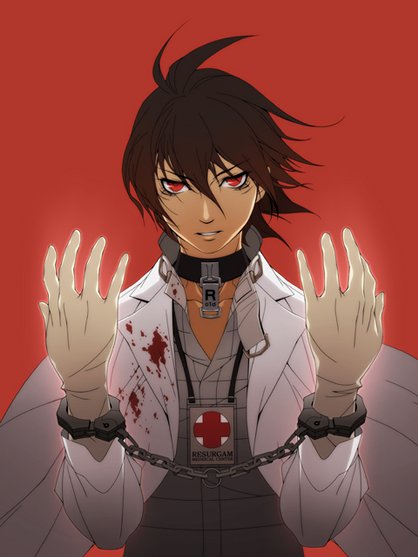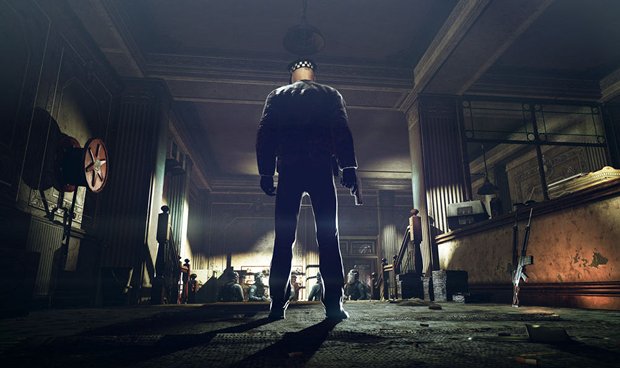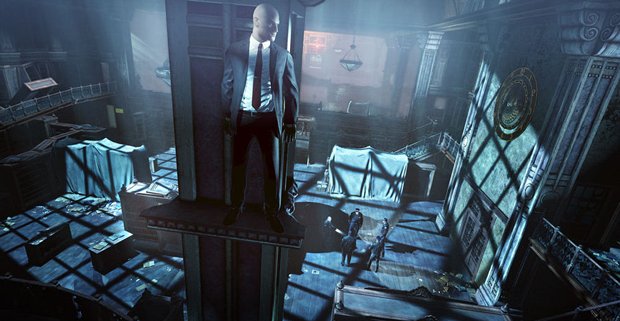Five reasons why Trauma Team deserves your attention
Some finely sutured impressions before our review goes live
We can all no doubt agree that Super Mario Galaxy 2 is the biggest Wii release of May (if not the year to date), but it's not the only worthwhile exclusive coming to the platform next month. After a two-plus-year drought, Atlus's Trauma Center series returns to the Wii with the all-new Trauma Team, which takes the waggle-surgery aesthetic in several distinct directions by letting you play as six different medical specialists.

While we're still slicing and dicing through the game in preparation for our review (coming Monday), we wanted to call out a few reasons why this series reboot is well worth your attention next month, whether you're a tried-and-true faux-surgeon or still have yet to get a little blood on your digital scrubs.
Trauma Team is still largely focused on various surgical procedures, letting you use the Wii Remote and Nunchuk to cut, suture, and inject your way towards repairing numerous medical maladies. But instead of having a single, all-encompassing surgical campaign, Trauma Team divvies up the action between four distinct doctors, allowing each to handle patients that require their specialized skills. As such, the game can dig a bit deeper into each area, allowing for fresh surgical and emergency response procedures.

Beyond a standard set of surgical procedures, you'll also take control of an orthopedic surgeon, who must address broken bones and other skeletal concerns with the kinds of tools (hammer, drill, screwdriver) you'd find at a construction site -- just way more sanitary and assuredly expensive. An endoscopic surgery campaign lets you dive deep into the body to stop hemorrhages and recover swallowed items, while the first response missions see you juggling multiple patients, treating burns, broken limbs, and breathing issues while prioritizing medical needs.
While the tense procedures mentioned above define a large chunk of the Trauma Team experience, it's not all the game has to offer. In the diagnosis and forensics campaigns, you'll do a little problem solving to deduce what's troubling a patient, or piece together an investigation by scanning the crime scene, inspecting the body and personal effects, and spotting clues in witness accounts.

These missions are more menu-based, and take quite a bit longer to complete than the various surgical and first response missions, but they're a nice change of pace from the hectic flow of those scenarios. Since the game uses an open-ended mission approach (letting you pop between campaigns at will), consider slotting one of these missions after every couple surgical procedures to keep things interesting.
Sign up to the GamesRadar+ Newsletter
Weekly digests, tales from the communities you love, and more



